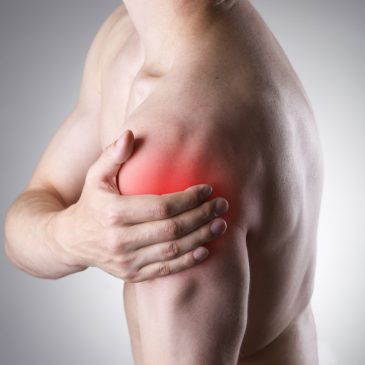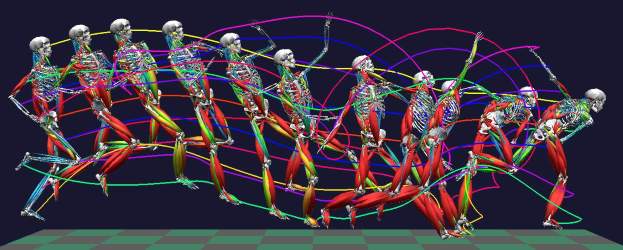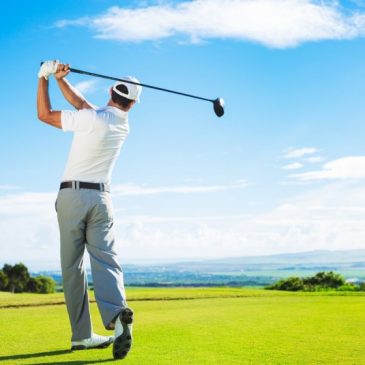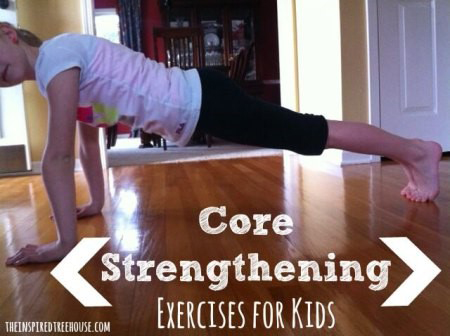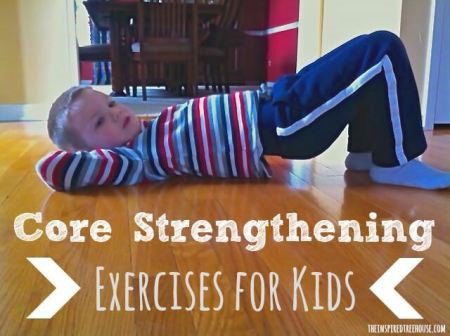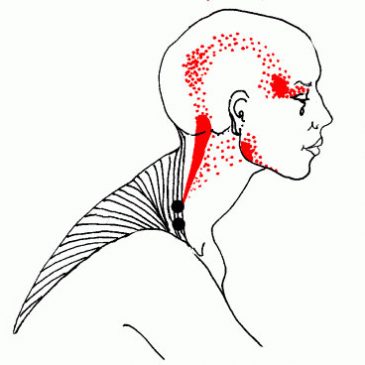Post COVID guidelines for patients
More than 10% of COVID-19 patients may have symptoms which affect their quality of life or ability to perform normal activities of daily life over the long-term – upwards of 60 days. British epidemiologist Professor Tim Spector has found that 12 per cent have symptoms longer than 30 days, and one in 200 for more than 90 days. Physiotherapists have a critical role to play during recovery. “With extensive experience and research in rehabilitation, physiotherapists can help with many debilitating long-haul … Read More


